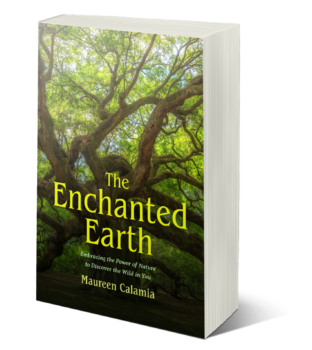 Environmental psychology(EP) is the study of the impact of the environment on human beings – environments that include nature, buildings, as well as urban spaces. Its origins are unknown but is said to have surfaced sometime in the mid-twentieth century.
Environmental psychology(EP) is the study of the impact of the environment on human beings – environments that include nature, buildings, as well as urban spaces. Its origins are unknown but is said to have surfaced sometime in the mid-twentieth century.
A multi-disciplinary approach, EP engages research psychologists, and geographers, architects, economists, policy makers, educators and many other professionals have contributed to this field.
Since the 1980’s there have been many published studies about the effects of our environments on our behavior and well-being. In fact, the one area that has applied the bulk of the results of this research is healthcare.
The first person to actually measure an environments effects was Roger Ulrich, then professor at Texas A&M. Over the period of a decade, he measured the effect of views of nature versus views of a brick wall on recovering gall bladder patients. What did he find? Patients with nature views had significant decrease in pain medication and nurse calls as well as days in the hospital.
In effect, feng shui, a Chinese discipline that helped ancient people find optimum environments for their homes, is compatible with EP. Where EP tells us scientifically which environments are more favorable, feng shui is the art and science of how to apply that knowledge.
Recommended Resources:
Environmental Psychology by Paul A. Bell
House as Mirror of Self: Exploring the Deeper Meaning of Home by Clare Cooper Marcus
Healing Spaces: The Science of Place and Well-being by Esther Sternberg
A Pattern Language by Christopher Alexander
Places of the Soul: Architecture and Environmental Design as a Healing Art by Chris Day
Design with Science by Sally Augustin
The Center for Health Design website

